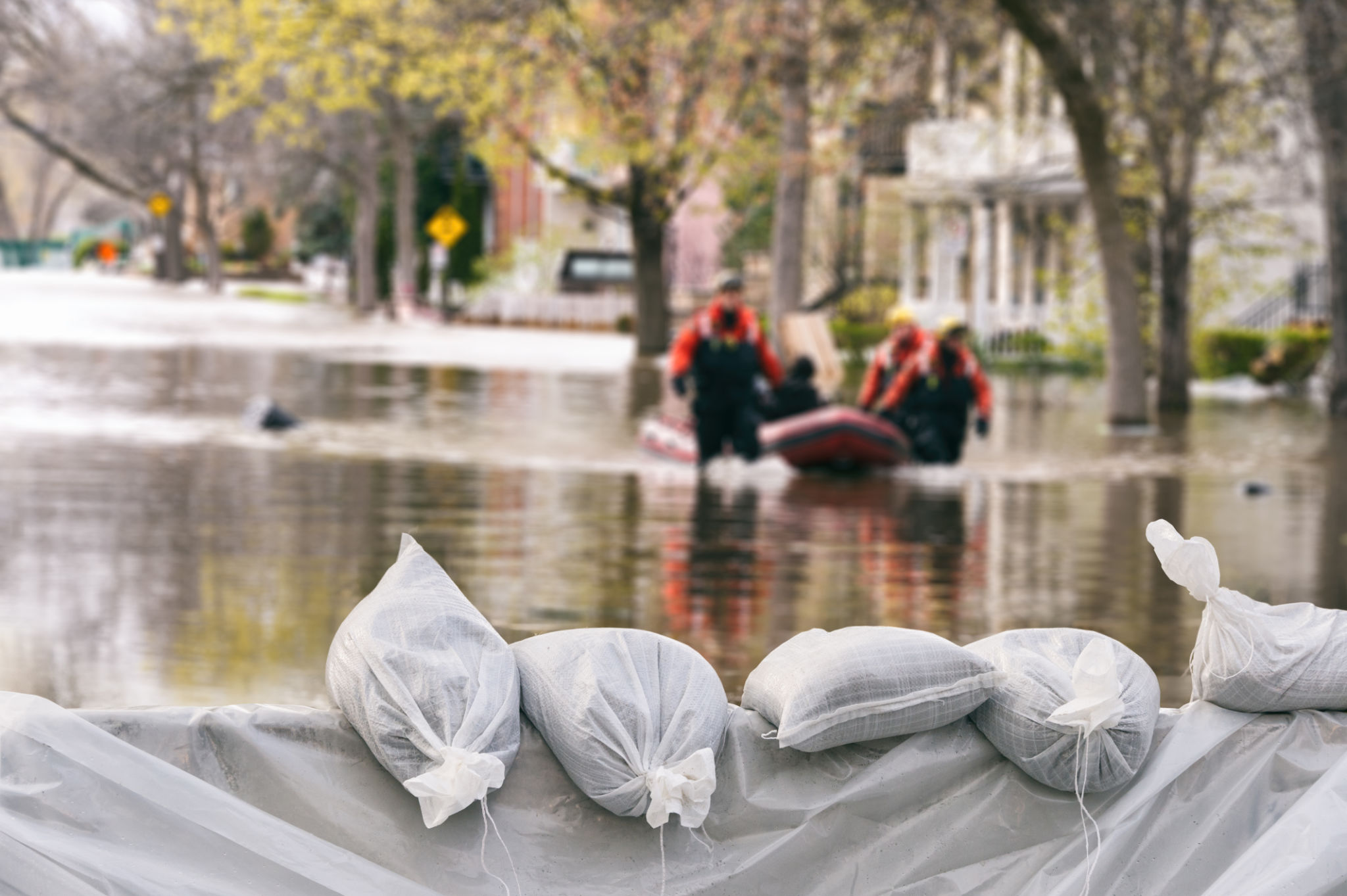Seasonal Security Challenges in West Virginia: How to Prepare
Understanding Seasonal Security Challenges
West Virginia, with its stunning landscapes and diverse weather patterns, presents unique seasonal security challenges. These challenges vary throughout the year, affecting both urban and rural communities. Whether it’s winter storms, spring floods, or summer heatwaves, each season brings its own set of potential threats that residents and businesses need to be aware of and prepare for.
Understanding these challenges is the first step in mitigating their impact. By staying informed about the specific risks associated with each season, you can take proactive measures to protect your property and ensure the safety of your family or employees.

Winter: Navigating Snow and Ice
Winter in West Virginia can be harsh, with heavy snowfall and icy conditions posing significant security risks. Roads become treacherous, increasing the likelihood of accidents, while ice accumulation can lead to power outages and structural damage.
To prepare for winter, it's essential to have an emergency kit ready. This should include items like blankets, flashlights, batteries, and non-perishable food. Additionally, ensure that your vehicle is equipped with snow tires and that your home’s heating system is functioning efficiently.

Protecting Against Power Outages
Power outages are common during winter storms. Investing in a generator can be a wise decision for maintaining power during these disruptions. Furthermore, regularly check your home’s insulation to prevent heat loss and consider installing surge protectors to safeguard electronic devices.
Spring: Managing Flood Risks
Spring brings the thawing of snow and increased rainfall, which can lead to flooding—especially in low-lying areas. Flooding not only causes property damage but also poses health risks through contaminated water sources.
To mitigate flood risks, assess your property's vulnerability and consider waterproofing measures such as installing sump pumps or elevating electrical systems. Keep important documents in waterproof containers and have an evacuation plan in place for your family or business.

Insurance and Financial Preparedness
Review your insurance policy to ensure it covers flood damage. Many standard policies do not include flood protection, so you may need to purchase additional coverage. Being financially prepared will help you recover more quickly from any potential losses.
Summer: Combating Heatwaves
The summer months in West Virginia can bring extreme heat, which poses significant health risks—especially for the elderly and those with pre-existing health conditions. High temperatures can also impact infrastructure, leading to issues like road buckling and power grid strain.
Ensure your home or business is well-ventilated and that air conditioning systems are maintained. Encourage hydration and limit outdoor activities during peak heat hours to reduce the risk of heat-related illnesses.

Community Engagement and Awareness
Engaging with your community can enhance your preparedness efforts. Participate in local emergency preparedness workshops and stay informed through community alerts. By fostering a sense of community responsibility, you can collectively respond more effectively to seasonal security challenges.
In conclusion, each season in West Virginia brings distinct security challenges that require awareness and preparation. By understanding these risks and taking proactive steps, you can protect your home or business throughout the year. Staying informed and prepared not only enhances your safety but also contributes to the resilience of the broader community.